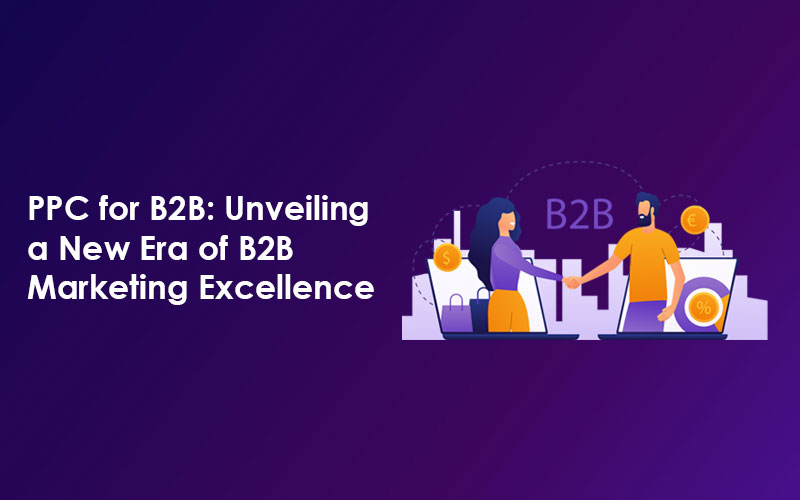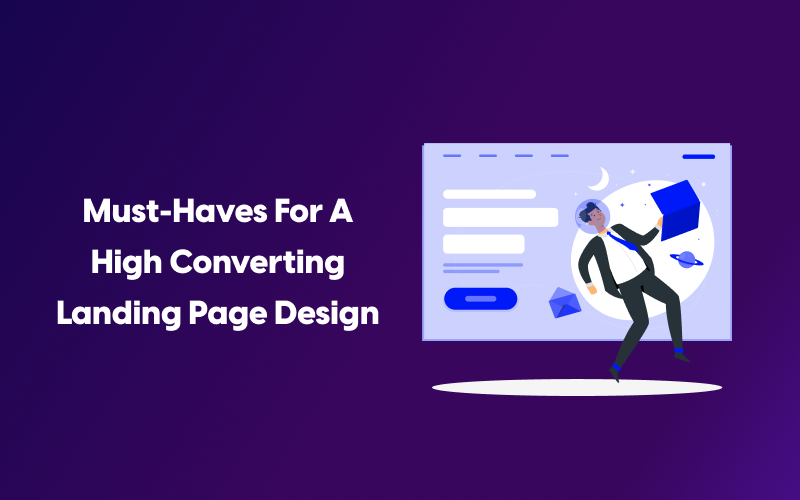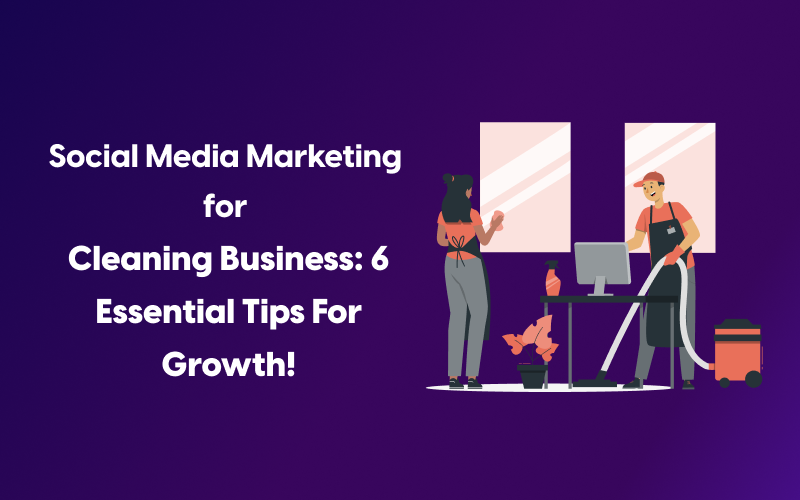Step into the realm of B2B marketing, where fast-paced digital landscapes dictate the rules of engagement. Among the arsenal of digital advertising tools, Pay-Per-Click (PPC) stands tall as a force to be reckoned with. While commonly associated with consumer-centric campaigns, the untapped potential of PPC for B2B marketing remains a hidden gem waiting to be unearthed. In this captivating blog post, we embark on an exhilarating journey through the depths of B2B PPC. Unraveling its secrets and power to propel your business to unprecedented heights.
Unlocking the Power of PPC: A Game-Changer for B2B Success
Gone are the days of haphazard marketing efforts, as PPC reigns supreme, offering precision and control like never before. Picture your ads strategically placed before decision-makers and influential minds within your target industry.
The result? Engagements that transcend mere clicks, driving meaningful conversions that ignite growth. It’s about crafting magnetic campaigns that resonate with your audience, capturing their attention and compelling them to take action.
Welcome to the era of pinpoint targeting and tailored messaging, courtesy of B2B PPC. Break free from the shackles of broad strokes and cast your net with intention. Industries, geographical regions, or even specific companies – the power to customize your campaigns knows no bounds.
Seize the opportunity to infiltrate the hearts and minds of those who hold the keys to your success. PPC for B2B empowers you to deliver your message with unparalleled precision, revolutionizing your approach.
But the perks don’t end there. B2B PPC gifts you with a treasure trove of insights and data to inform and optimize your marketing strategy. Dive into the depths of click-through rates, conversion rates, and other performance metrics to unlock a profound understanding of your audience’s behavior, preferences, and pain points.
Armed with this invaluable knowledge, you can craft messaging that resonates on a deeper level, refine your offerings with surgical precision, and continuously fine-tune your campaigns for maximum impact and return on investment.
From Clicks to Conversions: 8 Steps to PPC for B2B Mastery
Achieving success in PPC for B2B requires a strategic approach tailored to the needs of the business-to-business market. This guide will take you on a transformative journey, unveiling the step-by-step process to unlock the full potential of B2B PPC. So, let’s dive in and discover the path to PPC mastery that will turn your clicks into conversions and propel your B2B business to new heights.
Step 1: Defining Your Objectives and Budget
Before diving into the world of PPC for B2B, it’s crucial to define your objectives and establish a realistic budget. This initial step sets the foundation for your entire PPC campaign. So, whether you are looking to generate leads, increase brand awareness, or drive conversions. Clearly defining your objectives will help you align your strategies and tactics accordingly.
Once you have identified your goals, it’s time to set a budget that aligns with your business objectives. Consider factors such as your target audience size, the competitiveness of your industry, and the desired reach and frequency of your PPC campaigns. Balancing your budget and expected return on investment (ROI) is essential.
To determine the appropriate budget, consider conducting market research to understand the average cost per click (CPC) and estimated cost per acquisition (CPA) in your industry. This information will provide insights into the financial resources required to achieve your goals.
Step 2: Conducting In-Depth Market Research
In the realm of PPC for B2B, conducting thorough market research is a vital step to lay a solid foundation for your campaign. Begin by identifying your target audience and gaining deep insights into their needs, challenges, and preferences. Dive into market segmentation, industry reports, and customer surveys to develop detailed buyer personas.
Next, analyze your competitors’ strategies to uncover valuable insights and identify opportunities for differentiation. Study their messaging, ad placements, and landing pages to understand their approach and ascertain areas where you can stand out.
Moreover, research relevant keywords and industry trends to inform your campaign’s content and targeting. Utilize keyword research tools to identify high-impact keywords with a balance of search volume and competition. Stay up-to-date with industry trends, news, and emerging technologies to ensure your campaign remains relevant and competitive.
Step 3: Crafting Compelling Ad Copy and Landing Pages
Mastering PPC for B2B involves the art of crafting compelling ad copy and landing pages. It’s essential to develop attention-grabbing headlines and persuasive ad descriptions. Your headlines should be concise, impactful, and spark curiosity, compelling users to click on your ads.
Pair them with compelling ad descriptions that highlight the unique selling points and value propositions of your B2B offering. Focus on the benefits and solutions your product or service provides, addressing the pain points and challenges of your target audience.
In addition to captivating ad copy, it’s crucial to create optimized landing pages that align with your ad messaging. Your landing pages should be designed to provide a seamless user experience and guide visitors toward conversion. Clearly communicate the value proposition and unique benefits of your B2B offering, reinforcing the messaging from your ads.
Step 4: Selecting the Right PPC Platform
Selecting the right PPC platform that aligns with your target audience and goals is crucial. Begin by evaluating different platforms such as Google Ads, Facebook Ads, and other industry-specific platforms. Each platform offers unique features and targeting options that cater to different audiences and objectives.
Consider your target audience and their online behavior when making your decision. For example, if your B2B business caters to a professional audience, LinkedIn Ads might be a suitable choice as it allows you to target professionals based on their job titles, industry, and company size. Moreover, carefully assess the targeting options offered by each platform and ensure they align with your B2B targeting requirements.
Step 5: Building Targeted Campaigns and Ad Groups
Next, start by structuring your campaigns and ad groups based on your product or service offerings, or by segmenting them according to specific target audience segments. Implement relevant keywords that align with your B2B offerings and target audience.
Conduct thorough keyword research to identify high-intent keywords that your audience is likely to use in their search queries. Incorporate these keywords into your ad copy and landing pages to enhance the quality score and increase the likelihood of ad visibility.
In addition to relevant keywords, utilize negative keywords to refine your targeting. Negative keywords exclude specific terms or phrases, preventing your ads from irrelevant searches.
To further optimize your targeting, take advantage of ad extensions. Ad extensions provide additional information and options to enhance your ad’s visibility and engagement. Utilize extensions such as site link extensions, call extensions, and location extensions to provide valuable information to your audience and encourage them to take action.
Step 6: Implementing Conversion Tracking and Analytics
Setting up conversion tracking allows you to measure the effectiveness of your campaigns by tracking specific actions that indicate a successful conversion, such as form submissions, purchases, or downloads.
In addition to conversion tracking, make use of analytics tools to gather deeper insights into the performance of your PPC for B2B campaigns. Platforms like Google Analytics provide leverage to track data, including website traffic, user behavior, and conversion metrics.
Leverage analytics tools to track important metrics such as click-through rates (CTR), conversion rates, and cost per acquisition (CPA). These data metrics provide valuable insights into the performance of your campaigns and help you look out for the areas that require improvement.
Step 7: Continuous Monitoring, Testing, and Optimization
It’s important to adopt a proactive approach to optimization rather than a set-it-and-forget-it mindset. Continuously monitor, test, and optimize your B2B PPC campaigns to stay ahead of the competition and maximize your results. Regularly review performance, adapt to market dynamics, and make data-driven optimizations to continuously improve the effectiveness of your campaigns and drive long-term success.
Step 8: Scaling and Expanding Your PPC Efforts
Finally, assess the performance of your campaigns against your goals and objectives. Identify which campaigns and strategies have yielded the best results and consider scaling them further to maximize your impact. Look for opportunities to allocate more budget, expand your targeting, or increase the frequency of your campaigns to reach a wider audience.
As you gain confidence and experience in B2B PPC, consider expanding your efforts to new target markets, industries, or platforms. Conduct thorough market research to identify untapped opportunities and potential areas for growth. Explore new target audiences within your existing market or venture into new industries that align with your offerings.
When scaling and expanding your PPC efforts, it’s crucial to maintain a strategic approach. Set clear goals and objectives for your expansion initiatives and ensure that you have the necessary resources and budget to support them.
Wrapping Up
In conclusion, mastering PPC for B2B is a crucial step in driving success and growth for your business. However, to further enhance your online presence and maximize your reach, it’s essential to consider complementing your PPC efforts with effective SEO services. Search Engine Optimization (SEO) focuses on improving your website’s organic visibility and driving targeted traffic from search engines. Partnering with SEO experts specializing in B2B businesses can provide invaluable insights and strategies tailored to your industry.
So, embrace the synergy between PPC and SEO to elevate your online visibility, outperform your competition, and achieve sustainable growth in the ever-evolving digital landscape.




